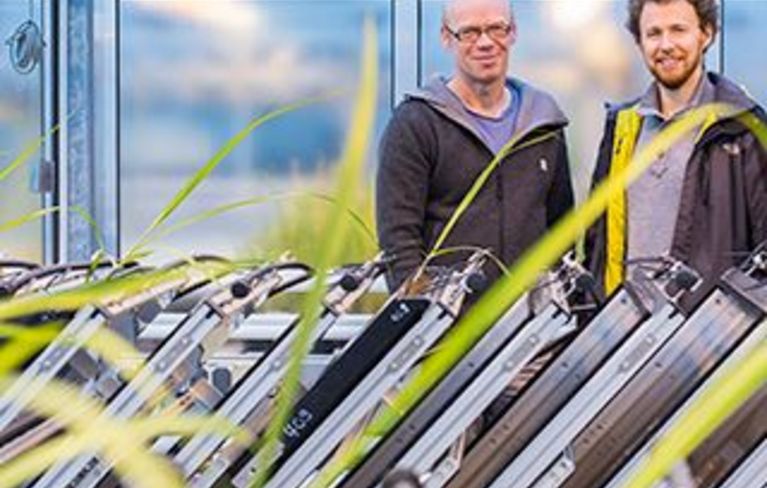
Towards a Sustainable Bioeconomy
About Topic 7
Mission:
Topic 7 contributes to a sustainable bioeconomy that provides food and renewable resources for industry to a growing and demanding human population while re-ducing the environmental footprint and supporting a growing circular economy.
Our focus:
Producing food and feed, materials, chemicals and energy carriers require the use of natural resources. However, current practices consume resources much faster than they can be replenished by natural cycles. Therefore, a central challenge in the management of the Earth system is to develop a sus-tainable economy, which fulfills human needs, but does not overexploit the resources. This is a major task with the world population expected to be close to ten billion in 2050. The linear approach of today´s economy with massive overconsumption of natural resources and goods based on excessive use of fossil resources is not sustainable. In contrast, a sustainable economy needs to provide stewardship to natural resources and must integrate human consumption into the circular economy. The target is a sustainable supply of ample and healthy food and feed, sufficient and innovative materials and chemicals as well as renewable energy. At the same time, we need to reduce the negative impact on vital functions of (eco-) systems and provide stewardship to precious resources like atmosphere, land, water, nutrients as well as to marine, coastal and urban environ-ments and biodiversity.
Utilizing knowledge about biological systems will be key to deliver towards i) improving production for food and feed, chemicals, materials and energy with respect to amount, quality and footprint, ii) increasing the effi-ciency of the use of natural resources, while decreasing overconsumption, and iii) making the global economy more sustainable by application of biological concepts (or principles) in economic and technical environments.
Recent Highlights | Structure | Subtopics | Participating Centers | Contact
Structure
Graphic Representation of Subtopics
Subtopics in detail
Impressions
© Forschungszentrum Jülich - Sacha Kreklau
© Forschungszentrum Jülich
© Forschungszentrum Jülich
© Forschungszentrum Jülich - Marius Schmidt
© Forschungszentrum Jülich - Ralf-Uwe Limbach